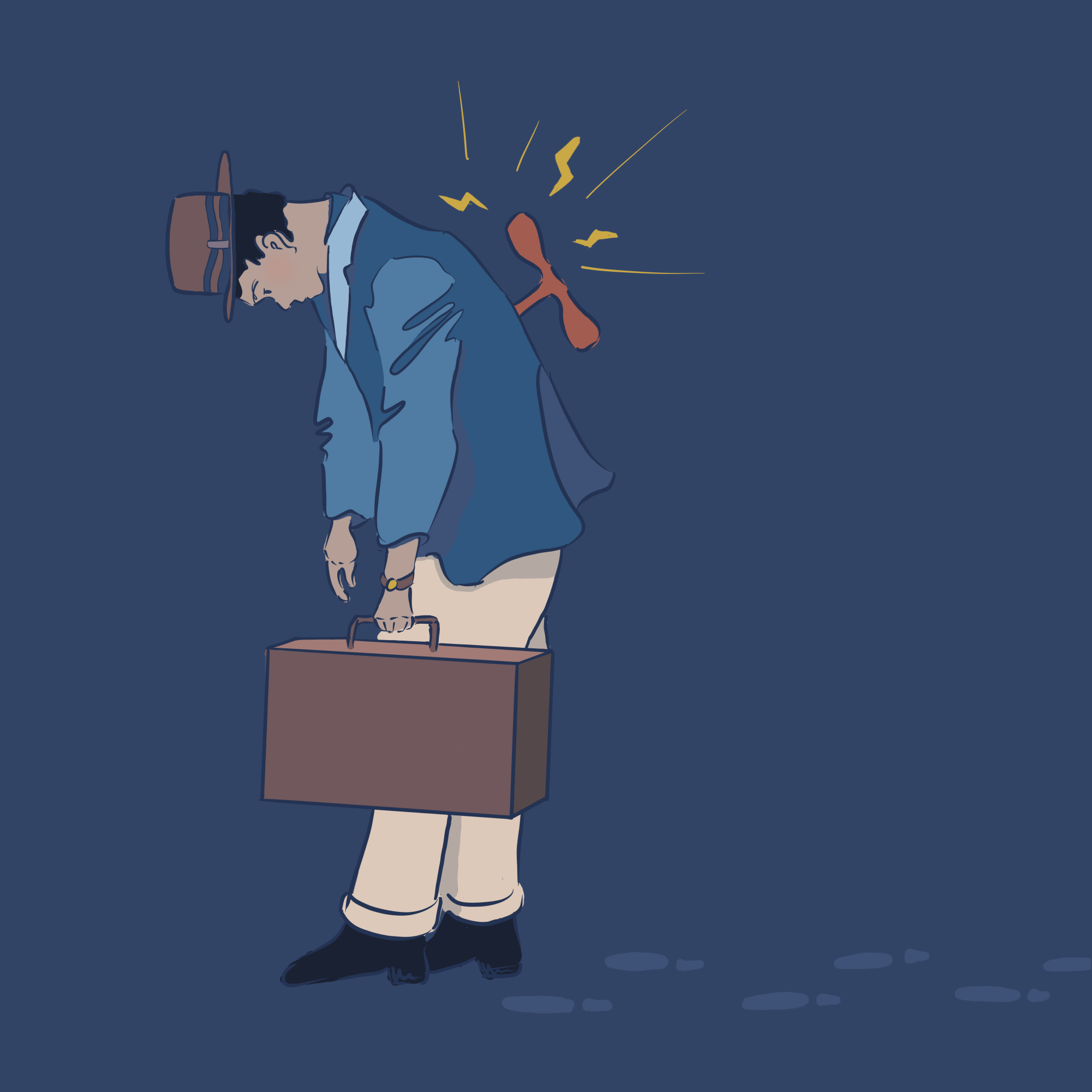“Have you found an internship yet?”, “What clubs are you in?”, “How’s your resume?” These questions are often asked to college students by professors, family members and peers. And yet, finding a response is often daunting.
Expectations of excellence underlie the college experience, and students are constantly expected to exceed them. In some ways, this makes sense: students and their families sacrifice time, money and other opportunities to attend university in hopes of increased success and job prospects for the attendees. Unfortunately, this intense pressure to achieve greatness culminates in a layer of urgency that saturates college campuses—a constant need to hustle.
This “hustle culture” derives from the common feelings of anxiety and fear for the future. These emotions, as well as constant social comparison, compound into a compulsive need to be productive. When success equates to productivity, stopping for even a moment can feel like a decline in your worth.
This mentality is not only toxic, but can have adverse effects on mental health and (ironically) productivity. It urges an all-or-nothing mentality that can increase stress, anxiety and burnout. The constant pressure also takes a toll physically: the all-nighters, poor diet and never-ending work characteristic of stereotypical college life can weaken the immune system, causing increased risk of illness. Students often disregard other aspects of their lives as well, neglecting relationships and hobbies. This lack of a work-life balance can contribute to poor mental and physical health as well as subpar academic performance. Students seem to forget that no one can do their best work when exhausted, sleep-deprived and stressed.
Although hustle culture has seen an uptick in recent years, it is not incomprehensible why it exists. It has been nurtured in students, sometimes since they were children, through a variety of mechanisms.
One way hustle culture has wormed its way into everyday life is through recent social media trends. Influencers, celebrities and peers often romanticize their work through posts on Instagram or TikTok, posting “study with me” videos or vlogs about their healthy habits. In conversations, peers normalize lack of sleep, almost bragging about how little sleep they got and how many consecutive hours they studied. These instances may seem innocuous, but in actuality, they glorify toxic overwork, tightly packed schedules and a lack of balance.
The current job market also makes it hard to justify getting some rest. Students are having a harder time finding work after they graduate. In a recent study, college graduates accounted for 12% of an 85% increase in the national unemployment rate since 2023, which is significant because this demographic only makes up 5% of the overall labor force. Additionally, college students are commonly underemployed, performing work that does not require their degree. 45% of college graduates are underemployed ten years after they graduate, with 88% of them working jobs that typically require only a high school education or less.
Certain elements of hustle culture can be advantageous, though. When applied in moderation, being surrounded by an environment that promotes hard work can give way to increased productivity. The mental fortitude needed to push oneself can lend well to maintaining high levels of motivation and inspiration. And taking ownership of and responsibility for one’s fate is a well-worn path to professional success. However, it is important to maintain a healthy balance between work and overwork. Strategies such as prioritizing tasks, setting realistic goals, managing time wisely and, especially, taking breaks can foster healthy productivity. Most importantly, setting boundaries and finding a balance between school and other, just-for-fun hobbies is key to having a well-rounded life. Leave time for randomness, whether that is self-care, socializing or exploring a new place, having designated downtime can make all the difference when it comes to stress management.
With our futures on the line, it makes sense that students would subscribe to the hustle culture mentality. In a world that defines us based on our productivity, it is difficult to detach our worth from our resume. Still, it is unhealthy to find release within a culture defined by external validation and toxic self-optimization. Working hard for your dreams is not an inherently bad thing—it’s admirable. Overlooking the negative culture that excessive emphasis on performance creates is detrimental to mental and physical well-being, though. Ambition is healthy, but exhaustion is not. Without adequate relaxation, we risk undermining all we’ve worked so hard for.


